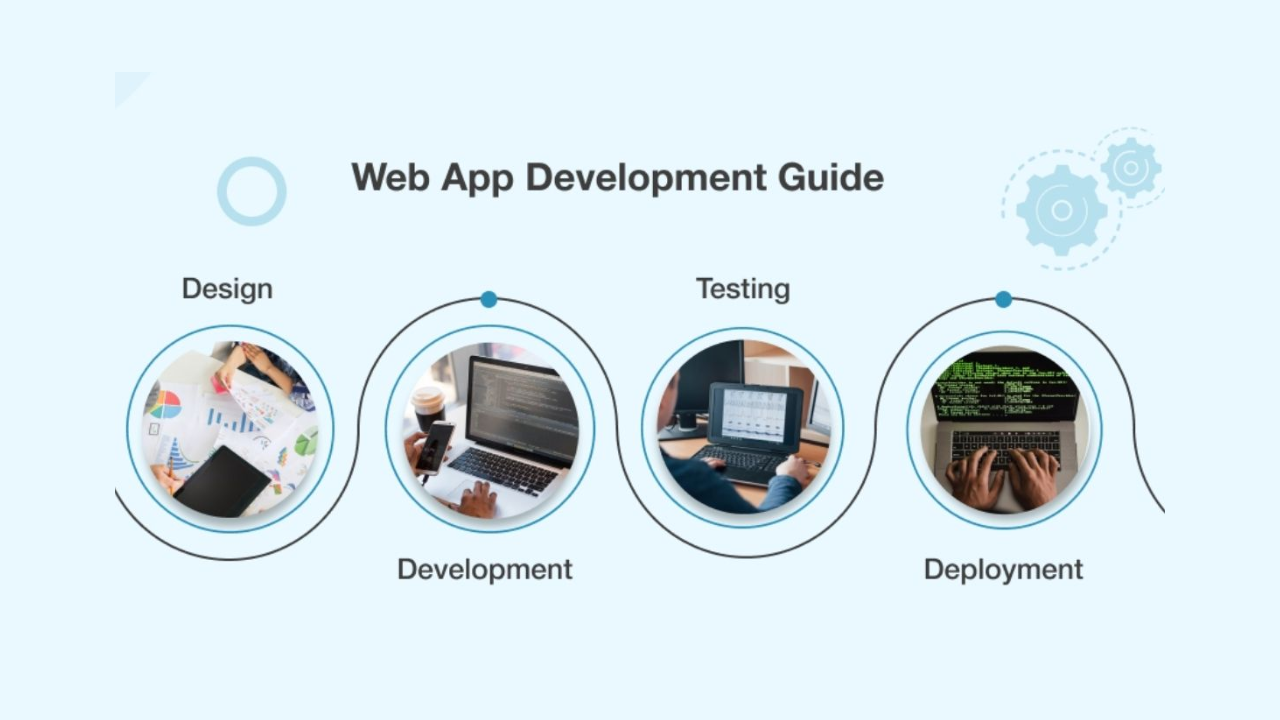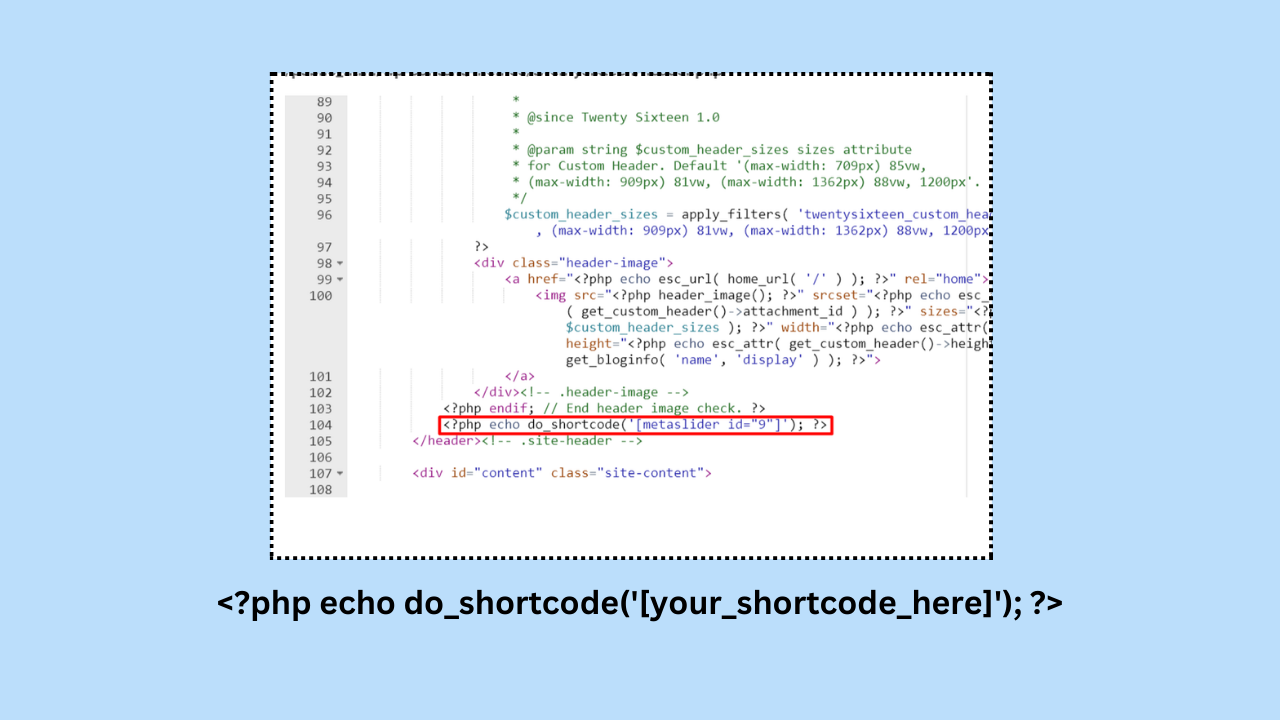Adding keywords to your WordPress website is a crucial step for search engine optimization (SEO). Here’s a simple guide to help you add keywords effectively:
1. Keyword Research:
Before you start adding keywords, perform thorough keyword research to identify the terms and phrases your target audience is likely to use when searching for content related to your site. Consider both short-tail and long-tail keywords.
2. Optimize Page Titles:
- Edit Page/Post:
- Go to the page or post you want to optimize.
- In the WordPress dashboard, navigate to “Pages” or “Posts” and click on the one you want to edit.
- Optimize Title:
- Ensure your target keyword is included naturally in the title.
- Keep titles concise, relevant, and engaging.
3. Optimize Permalinks:
- Edit Permalink:
- When creating a new page or post, customize the permalink before publishing.
- Include your target keyword and keep it readable.
4. Use Headings (H1, H2, H3, etc.):
- Add Headings:
- Organize your content with headings and subheadings.
- Use H1 for the main title and H2, H3, etc., for subheadings.
- Include relevant keywords in your headings.
5. Write Quality Content:
- Use Keywords Naturally:
- Write high-quality, informative content.
- Integrate keywords naturally into your content.
- Avoid keyword stuffing, as it can harm your SEO.
6. Add Keywords to Image Alt Text:
- Edit Image:
- When adding or editing images, include descriptive and keyword-rich alt text.
- Alt text provides context to search engines.
7. Utilize Meta Descriptions:
- Edit Meta Description:
- Craft a compelling meta description for each page or post.
- Include your target keyword naturally.
8. Install an SEO Plugin:
- Use an SEO Plugin:
- Install an SEO plugin like Yoast SEO or All in One SEO Pack.
- These plugins provide tools for optimizing titles, meta descriptions, and more.
9. Create SEO-Friendly URLs:
- Edit URL:
- Create user-friendly and SEO-friendly URLs.
- Include relevant keywords in the URL.
10. Internal Linking:
- Link Internally:
- Include internal links to other relevant pages/posts on your site.
- Use anchor text that includes keywords.
11. Monitor and Update:
- Regularly Review and Update:
- Regularly review your content and update it.
- Ensure that your keywords remain relevant and reflect changes in your industry.
12. Consider Schema Markup:
- Implement Schema Markup:
- Consider implementing Schema Markup for richer search results.
- Some plugins provide schema features.
13. Avoid Duplicate Content:
- Check for Duplicates:
- Avoid duplicate content as it can negatively impact SEO.
- Use canonical tags to indicate preferred versions.
14. Stay Informed:
- Stay Updated on SEO Trends:
- SEO best practices evolve, so stay informed about changes and updates.
- Adjust your strategy accordingly.
By following these steps, you can effectively integrate keywords into your WordPress website, improving its visibility and search engine ranking.










